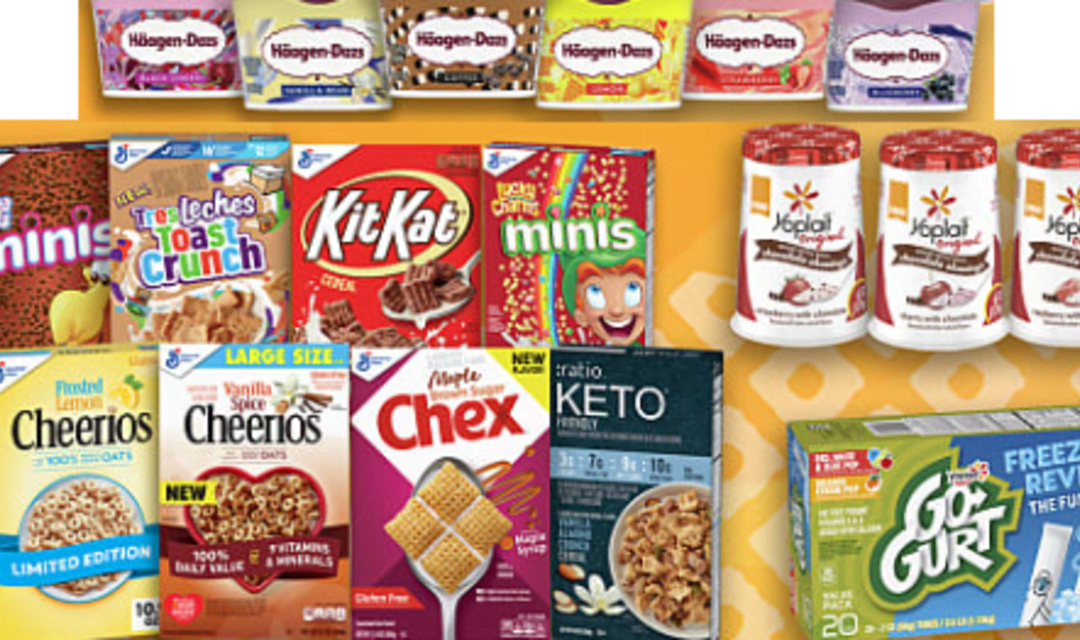Shares of General Mills Inc. sank Wednesday, after the consumer-foods company missed fiscal second-quarter revenue expectations and lowered its full-year outlook as sales volumes have recovered at a slower-than-anticipated pace.
“While many factors have evolved in line with our expectations — including moderating levels of input cost inflation and price/mix, as well as a return toward historical price elasticities — we’re seeing consumers continue to display stronger-than-anticipated value-seeking behaviors across our key markets, and this dynamic is delaying volume recovery in our categories,” said Chief Executive Jeff Harmening.
The stock
GIS,
dropped 4.4% toward a three-week low in premarket trading.
The company, the parent of brands including Cheerios, Häagen-Dazs and Betty Crocker, said net income for the quarter to Nov. 26 was $595.5 million, or $1.02 a share, compared with $605.9 million, or $1.01 a share, in the same period a year ago.
Excluding nonrecurring items, adjusted earnings per share rose to $1.25 from $1.10, to beat the FactSet consensus of $1.16.
Sales declined 1.6% to $5.14 billion, to miss the FactSet consensus of $5.35 billion, as volume fell four percentage points to offset a three percentage point increase in prices.
Among the company’s business segments, North America Retail sales fell 2% to $3.31 billion, below the FactSet consensus of $3.47 billion. Pet sales declined 4% to $569.3 million and North America Foodservice sales were roughly flat at $582 million, while International sales increased 1.7% to $683.1 million.
For fiscal 2024, the company said it now expects organic sales to be down 1% to flat from a year ago, compared with previous guidance of growth of 3% to 4%.
The guidance range for growth in adjusted EPS, excluding the impact of currency movements, was revised to 4% to 5% from 4% to 6%.
While global supply chains have stabilized, that has created both headwinds and tailwinds for the company’s business, Harmening said.
The bad news is, supply chain improvements have helped General Mills’ competition to increase “on-shelf availability” of their products, which has put pressure on near-term market-share performance.
The good news, the improvements have benefited efficiency, which has led to cost savings and a rise in gross margins.
Cost of sales during the second quarter declined more than sales, down 4.0%, to lift gross margin to 34.4% from 32.7%.
The stock has slumped 20.4% year to date through Tuesday, while the Consumer Staples Select Sector SPDR ETF
XLP,
has slipped 4% and the S&P 500
SPX,
has climbed 24.2%.








